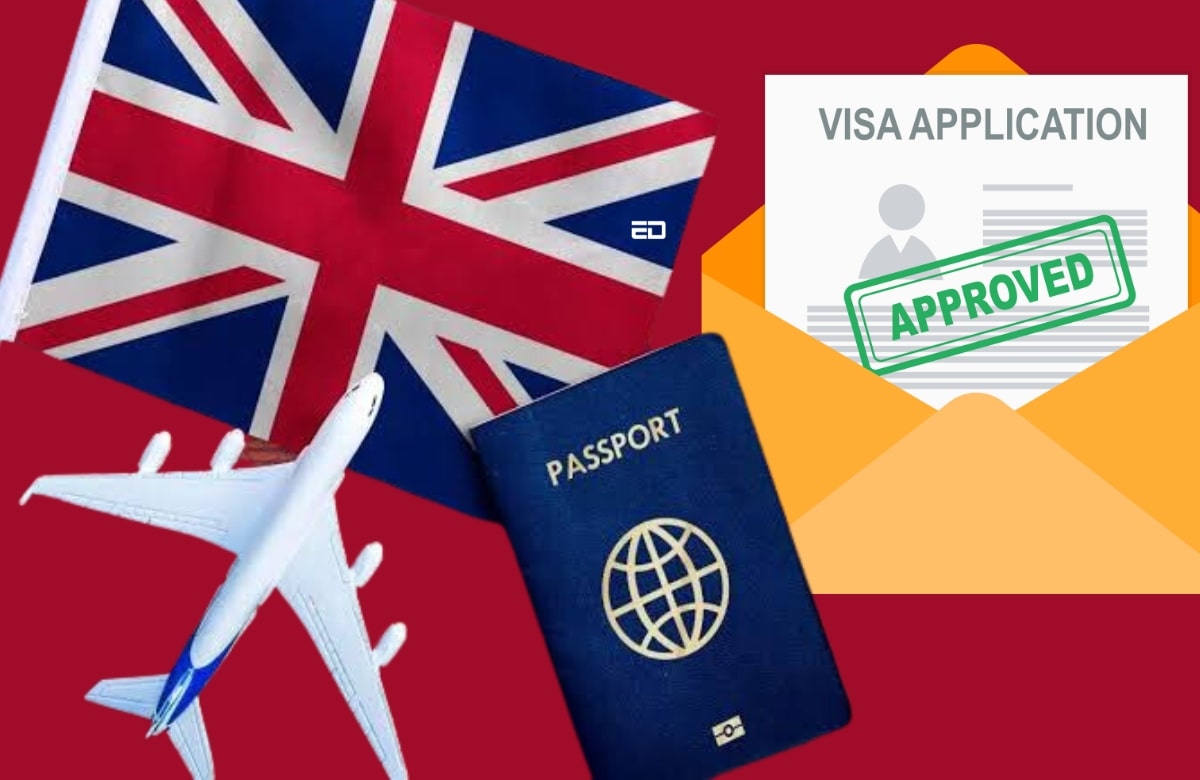Understanding the UK Sponsorship Licence: A Comprehensive Guide
If you are a business owner or an employer in the UK, and you want to hire foreign workers, one of the key requirements is obtaining a UK Sponsorship Licence. This licence allows employers to sponsor non-citizen employees to work in the UK. In this guide, we will explore what a UK Sponsorship Licence is, why it’s essential, the application process, and how to maintain your licence.
What is a UK Sponsorship Licence?
A UK Sponsorship Licence is a formal authorization granted by the Home Office that allows an employer to sponsor overseas workers. The licence is a prerequisite for businesses to hire non-UK residents who need a work visa. Once granted, the employer can assign Certificates of Sponsorship (COS) to individuals they wish to employ. Without this licence, it is illegal to hire non-citizens who require a work visa.
Why is a UK Sponsorship Licence Important?
A UK Sponsorship Licence is vital for businesses that wish to employ talent from outside the European Union (EU). Since Brexit, hiring non-EU workers has become more regulated, and the sponsorship system plays a critical role in ensuring that foreign workers are legally employed in the UK. Moreover, having this licence ensures that businesses are compliant with immigration laws, reducing the risk of penalties or legal issues.
Furthermore, the licence allows businesses to access a wider talent pool, especially in sectors where there is a shortage of skilled workers, such as healthcare, engineering, and technology. For employers, the ability to bring in skilled workers from abroad can be the key to growing and expanding their operations.
How to Apply for a UK Sponsorship Licence
Applying for a UK Sponsorship Licence is a straightforward process, but it requires careful preparation. Here’s an overview of the steps involved:
1. Determine Eligibility
Before applying, ensure that your business meets the eligibility criteria set by the Home Office. These include being a legitimate business operating in the UK and having a clean record regarding compliance with UK immigration laws. Additionally, you must demonstrate that your business can offer the appropriate level of support to sponsored employees.
2. Choose the Type of Sponsorship Licence
There are two types of UK Sponsorship Licences: the Worker Licence and the Temporary Worker Licence. The Worker Licence is for businesses intending to hire long-term workers, while the Temporary Worker Licence is suitable for hiring workers on a short-term basis. Depending on your needs, choose the appropriate licence.
3. Submit the Application
The application process for a UK Sponsorship Licence is done online. You will need to provide a range of documents, including proof of your business’s legitimacy, information about your operations, and evidence of your compliance with UK immigration laws. You may also need to provide details of the role you wish to sponsor, including the job description, salary, and qualifications required.
4. Pay the Fees
Once you’ve submitted your application, you will need to pay a fee. The cost of the application depends on the size of your business and the type of licence you’re applying for. Small businesses are eligible for a reduced fee.
5. Await a Decision
After submitting your application and fees, the Home Office will review your submission and decide whether to grant the sponsorship licence. This process may take several weeks, depending on the complexity of your case.
Maintaining Your UK Sponsorship Licence
Once you have obtained a UK Sponsorship Licence, it is essential to maintain it properly. This includes ensuring that you continue to meet the Home Office’s requirements, such as:
1. Compliance with Reporting Requirements
Employers with a UK Sponsorship Licence are required to report certain information to the Home Office. This includes notifying the Home Office when a sponsored worker leaves the company or changes job roles. Regularly review your obligations to ensure you are compliant.
2. Record Keeping
It’s crucial to keep detailed records of your sponsored employees. This includes copies of their immigration status, the Certificate of Sponsorship, and any documents that support their eligibility to work in the UK. These records must be available for inspection by the Home Office.
3. Renewing the Licence
A UK Sponsorship Licence is typically valid for four years. To continue sponsoring foreign workers, you must renew the licence before it expires. Failing to renew could result in losing the ability to hire non-citizens.
Conclusion
Obtaining a UK Sponsorship Licence is an essential step for employers looking to hire non-UK workers. The licence provides businesses with the ability to tap into a global talent pool while ensuring compliance with UK immigration laws. Whether you’re applying for the first time or need to maintain your licence, understanding the process and your responsibilities is key to successfully navigating the sponsorship system.














Post Comment